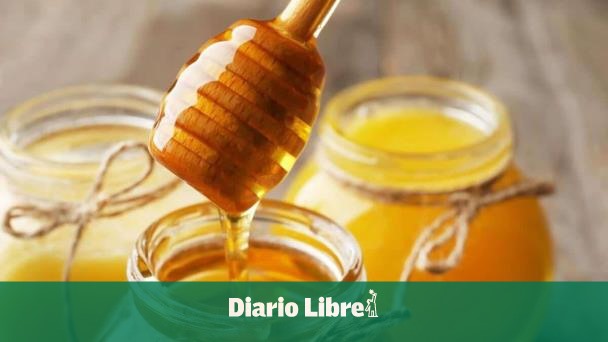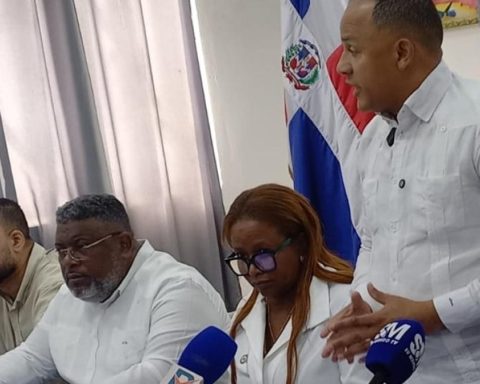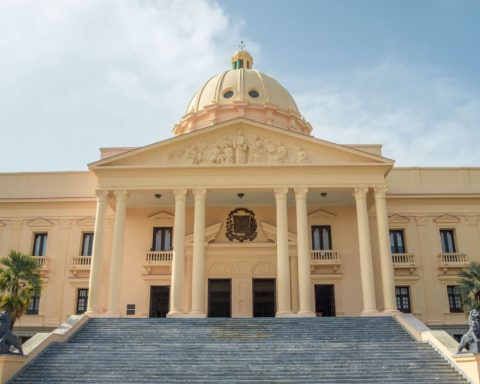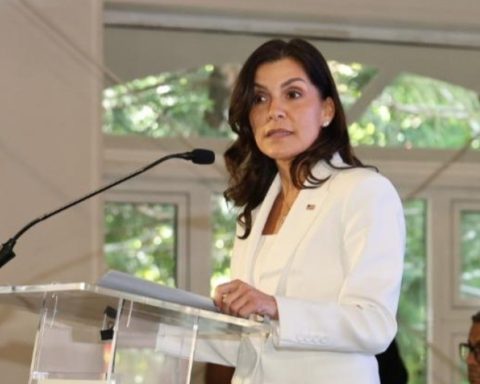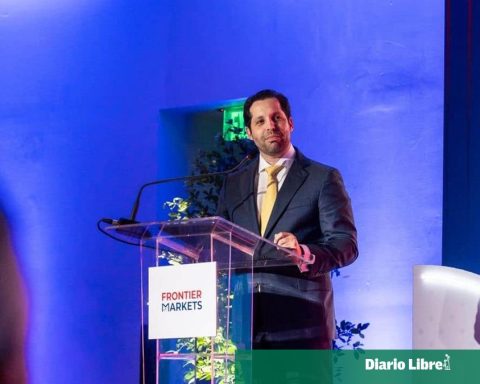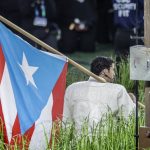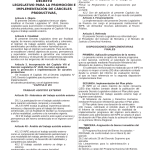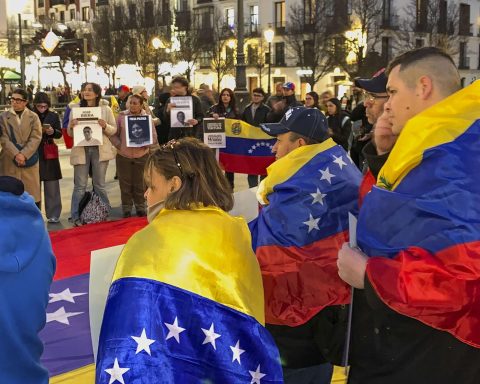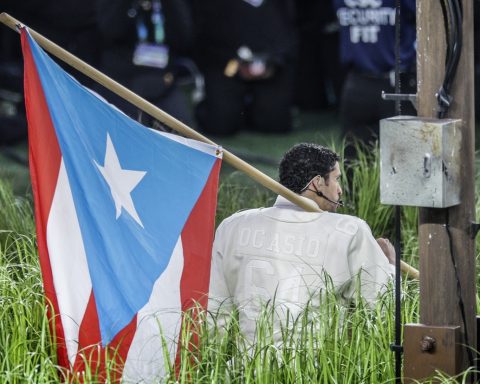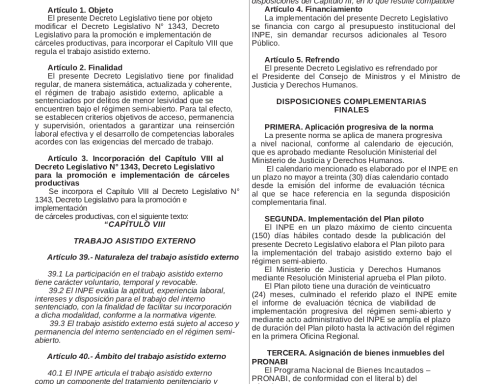According to the study carried out by the Journal of food Science, honey is the third most adulterated product in the world.
The Republic Dominican is not the exception. It is common to find adulterated honey with syrups sugar or other additives.
This problem affects both the quality of the product and the trust of the consumer and represents a challenge for beekeepers who strive to maintain the purity of its honey.

The regional food director of the Body International Regional of Agricultural Health (Oirsa), Raúl Peralta Girón, indicated that in the country people have a lot distrust to buy honey because they believe that “it is counterfeit” and it is true that a large amount of the honey sold in supermarkets “is not 100% original.”
Peralta stressed that the Government must create policies public to regulate the sale of this nectar, ensuring that it meets safety standards. “The adulteration in Republic Dominican It is made mainly with molasses and sugar to increase volume and sell it at a lower price”.
“Sugar is cheaper than honey. A kilo of sugar costs 25% of the value of a kilo of honey, which represents a deception to the consumer“he indicated.
- 74% of the honey sold in the Union European They are adulterated, according to a 2022 study by this organization of countries.
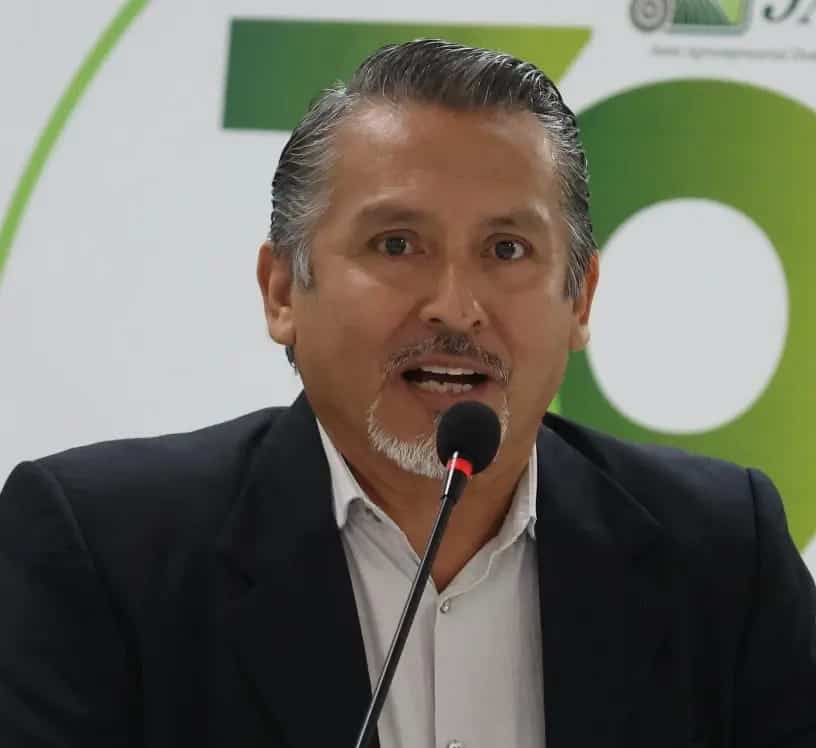
Competence unfair
While Ricardo Gentlemanpresident of the Beekeeping Committee of the Dominican Agribusiness Board (JAD), pointed out that the sector in the Dominican Republic does not have major impulse for the competence unfair that exists.
“It’s sad to see adulterated honey in large supermarkets that don’t even have record industrial neither health nor certification from the Ministry of Agriculture,” he emphasized, while pointing out that the honey producer does not engage in these practices.
Gentleman called on the authoritiesespecially the National Institute for the Protection of Consumer Rights (Pro Consumidor), to carry out operational to stop the commercialization of the thousands adulterated in the country, since they are “harmful” for the health. “Thebeekeeping are guarantors of a healthy life. Honey is life,” he said.
To this he added that the State must promote campaigns so that the consumers Identify when honey is not real, and thus reinforce confidence in the bees’ nectar.
